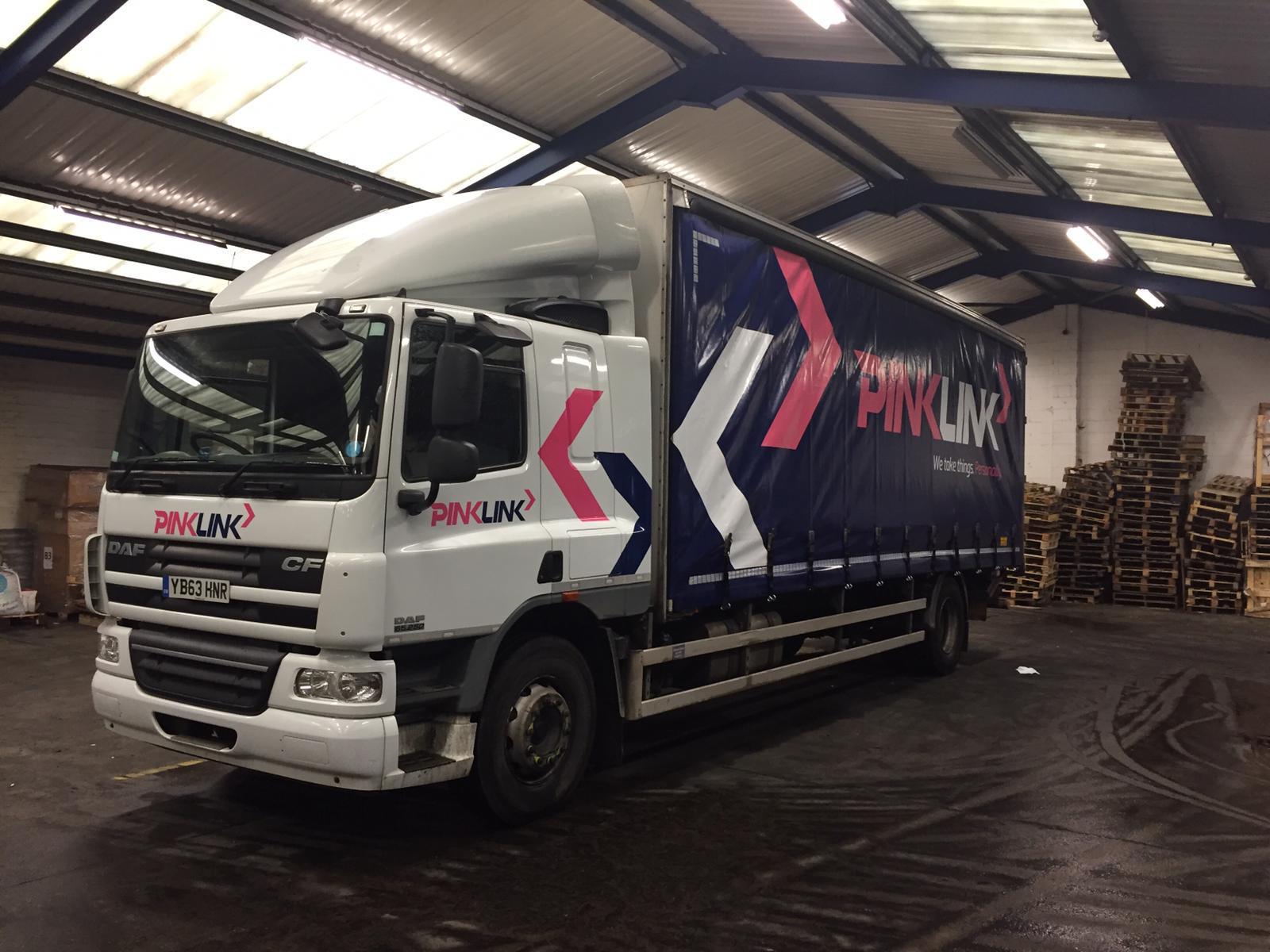
One Year On From the First UK Lockdown
One year on from the initial UK lockdown, our Managing Director, Paul reflects on how the pandemic impacted the Logistics industry.
What have you learnt about your company / industry over the past year?
Our industry has forever been one that has to adapt quickly to differing circumstances – we do this on a daily basis. Our business is one where volumes, delivery point and collection points change daily and hence we have to schedule our fleet in a live environment to cover this variable demand. This gave us a good footprint to manage and drive change as the pandemic took hold
What surprise me most were the following;
- The speed with which the sector came to terms with the challenges of Covid-19 and moreover the changing needs of personal contact.
- Driven by an unwavering desire to spend money our delivery profile swung massively towards home deliveries – as people were furloughed and used their time to work on their houses. This creates differing demands on our fleet (small vehicles needed for small roads) and the sector embraced this and turned it into a positive.
- The public’s recognition that as an industry we perform a vital role in keeping the country going. From the government acknowledgement that we were key workers to the humbling comments from input and outbound customers the UK I feel have a renewed appreciation for the heavy good trades.
How did you adapt to survive such a tough year?
Like most industries our initial reaction was one of abject fear of an unknown. We had some insight into the impact of a lockdown – as we have regular business with Italy – so our only benchmark was to follow that example.
As with many UK businesses the furlough scheme played a huge part in our survival – although in our case only for a relatively short period.
Initially we furloughed circa 40% of our staff however because of the changing demands of the market; driven by a huge uplift in home deliveries underpinned by internet sales, we had all available drivers fully reemployed within 5 weeks. That has remained the case since.
This change in demand required us to redefine our fleet which we did initially through rentals but have more latterly built into our CAPEX program.
Finally we sought to manage both our cash and our debtor book in more finite detail. In general our customers acknowledged the role we fulfilled in keeping the country going and in the main paid to terms. We were shocked and appreciative that some even paid us early. Cash is King became a strong mantra as we progressed through the pandemic and remains that now.
As a business leader, what have you learnt about yourself?
I think – despite my best intentions – I had become distanced from the detail of the business and systems we use. During the pandemic I have been able to go back to grass roots; managing customer calls, driving vehicles, making deliveries and this has exposed me to 2 things;
- How tough the job is that we ask our colleagues to do. As a job it is naturally physically demanding however wrap that in bad weather and difficult access conditions to delivery/collection points and I am in awe of what our drivers achieve. I hope they feel I appreciate them – I do. I hope they also recognise that I am prepared to muck in from time to time.
- Being involved in the details has given me a renewed insight/focus on where we can get better. Customers remain demanding – they have every right to be – and although we offer a good service we must continually strive to get better. Having manned the phones, input the jobs, booked the deliveries I am convinced we can drive our systems and processes to make us more efficient.
In all I learnt that my passion for the business and for doing a great job had not diminished.
What 3 pivotal learnings have you gained from the last 12 months?
- Go back to the shop floor and do as many jobs in the business you can. You do not have to be an undercover boss to learn a tremendous amount about your company.
- People do value your service – they just rarely tell you.
- Stay balanced. We knee jerked at the beginning of the pandemic which looking back was unnecessary. For us as a company – and we have been luckier than many – our business model is robust, our customers are supportive and our service in demand. Looking back I think I forgot that
